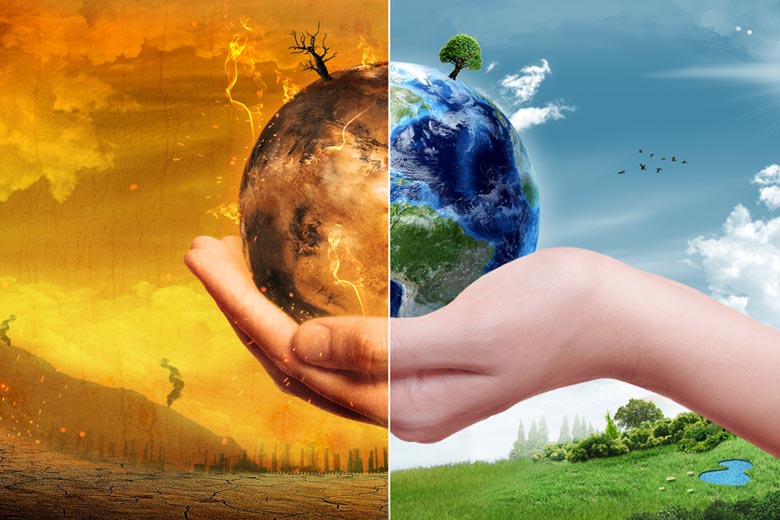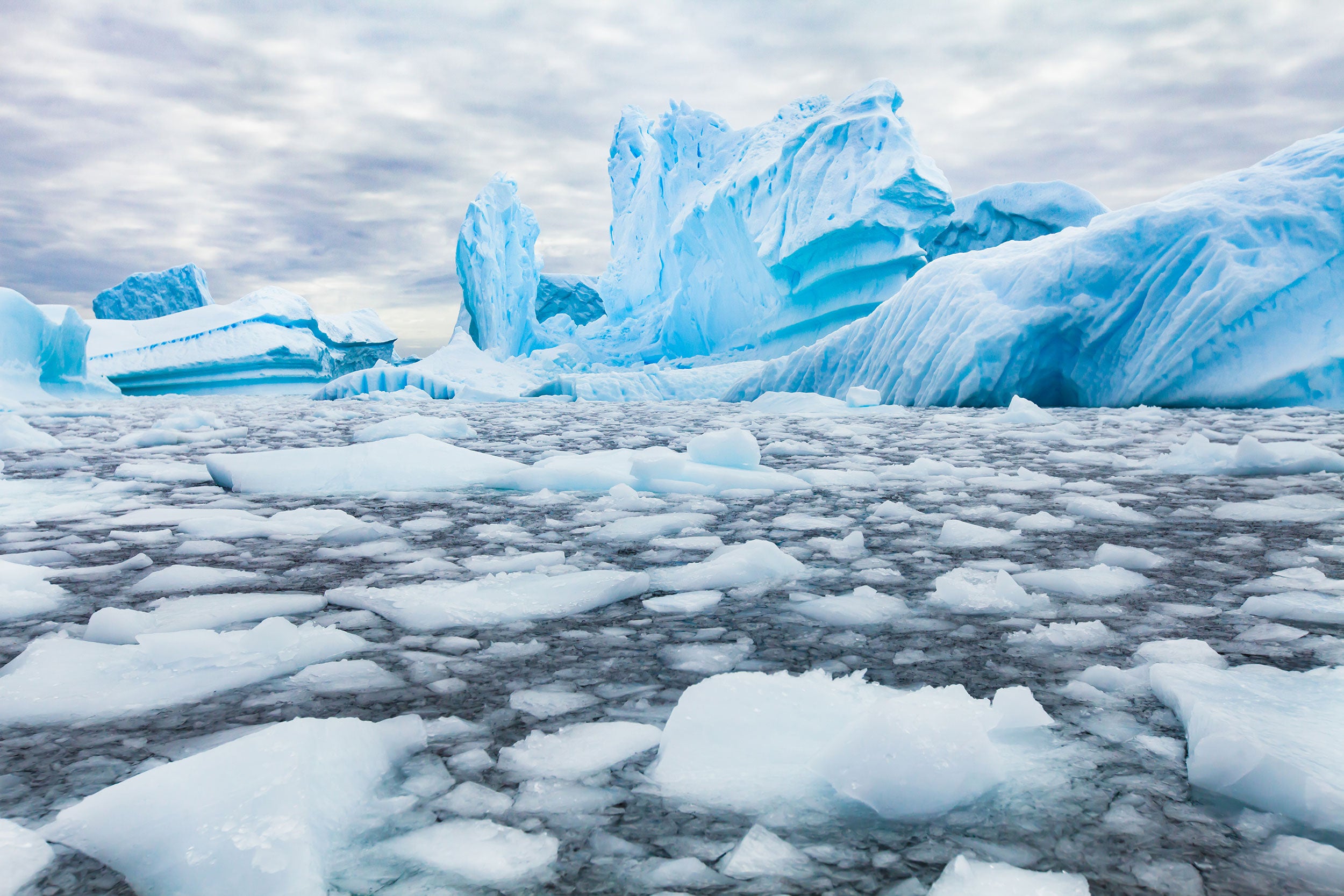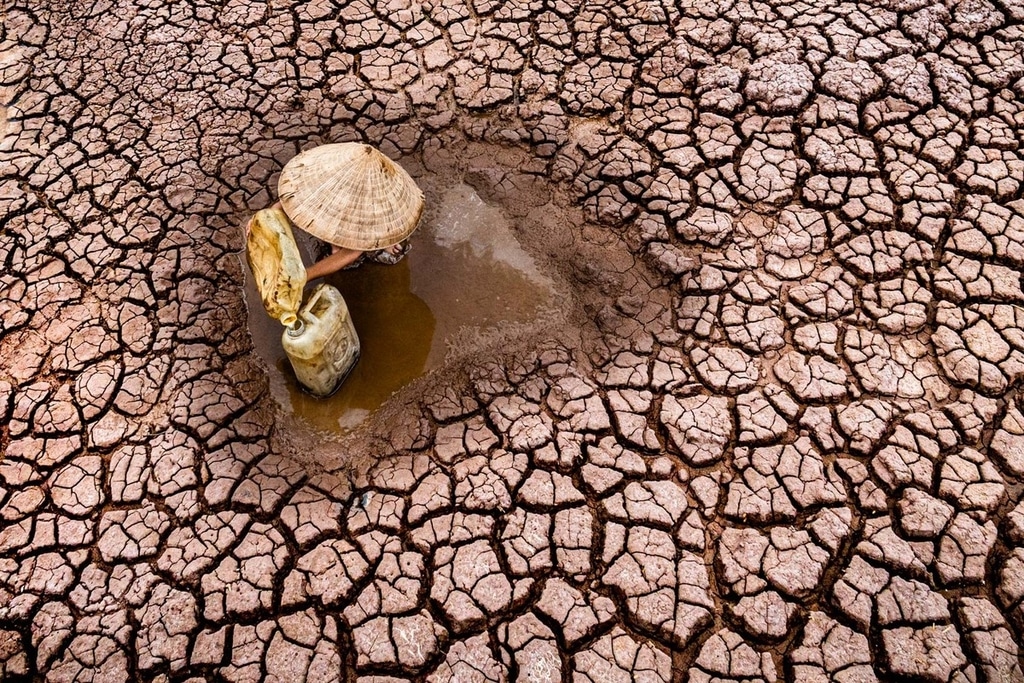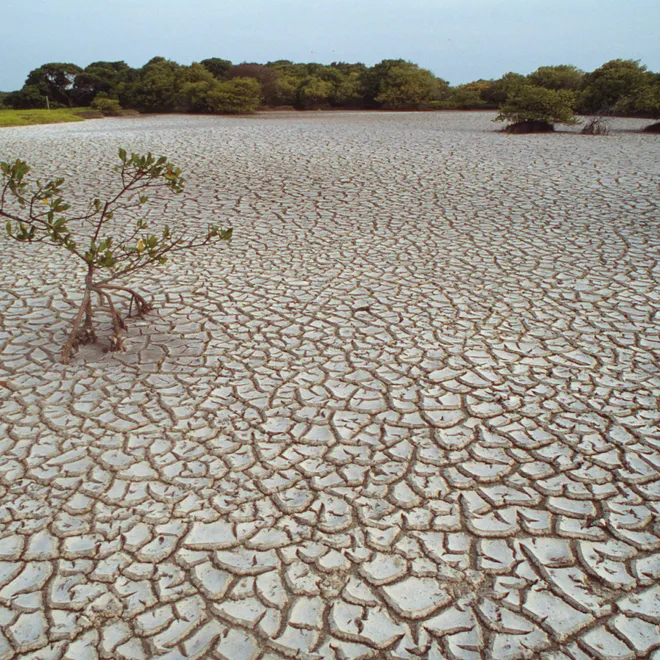
They say that American bases in the Middle East have been identified. The United States will be given a response that it could not even imagine. After the threat of the Revolutionary Guards, fear has deepened in various American cities and Gulf countries. have been made and high alert has been ordered everywhere. Meanwhile, an emergency meeting of the Security Council was called at the request of Iran, in which Pakistan, Russia and China presented a joint resolution, in which an immediate and unconditional ceasefire was called between Iran, Israel and the United States, and it was said that it was in the interest of the whole world. President Trump has called the attack on Iran a move away from regime change and towards destroying Iran's nuclear energy capacity, while Russia and China have condemned the attack and stressed diplomacy. The International Atomic Energy Agency report has confirmed that there was no radiation emission from the facilities targeted by the attack, which proves Iran's position that it was not building an atomic bomb. Prime Minister Shahbaz Sharif, while condemning the American attack, has clarified that Pakistan's air, sea or land borders were not allowed to be used during the attack. According to official sources, Pakistan will not become part of any bloc, politics or military conflict. In the current situation on the ground, Pakistan's perspective is in line with the country's interests. Pakistan itself is against Indian aggression. It is in danger. It will have to take into account its territorial sovereignty, integrity and interests before taking any path.
Defeat of the powerful
The eighty-six-year-old Seyyed Ali Khamenei, born in Mashhad, has become a mountain of greatness and courage. He has proven all the estimates of the Western powers wrong. He is defeating the powerful. He responds sternly to any threat. Seyyed Ali Khamenei says, “We are told to show a little leniency to America, everything will be fine. Remember! We are the followers of Ali and the heirs of Khaybar. Why should we compromise? America has never shown mercy to those who follow them and seek help from them. People familiar with our history know that Iran will not bow down. An American attack is unacceptable. There will be no negotiations. We will make American bases hell. Israel will now taste it.”
These are the words of the Supreme Leader of Iran in recent days. Seyyed Ali Khamenei studied in Mashhad, Najaf and Qom. These three cities are the holiest for Muslims around the world, including Iranians. Seyyed Ali Khamenei, who described the revolution in the language of poetry, has been ruling Iran, that is, as a leader, for 36 years. Before that, he was the President of Iran for almost eight years. He was also the Minister of Defense. He has special interests in defense, foreign affairs and economic affairs. In June 1981, Seyyed Ali Khamenei, the eye and light of the spiritual family of Mashhad, was assassinated in Tehran. He survived the attack but was seriously injured. In this accident, Ali Khamenei lost his right arm. Seyyed Ali Khamenei, who has a keen eye on the environment and national planning, has the longest reign in the entire Middle East. He became the Supreme Leader at the age of fifty. Therefore, it can be said that he has a good understanding of the nuances of the situation. That is why when Israel attacked Iran and after that the US president started making threats, Seyyed Ali Khamenei said, "The US president has explicitly called on the Iranian people in an unacceptable statement to lay down their arms, but we tell them that first, those who are afraid of being threatened should be threatened. The Iranian people believe in a sacred verse: 'Do not weaken, nor grieve; you will be the highest, if you are believers.'"Remember, threats can never influence the behavior and thinking of the Iranian people.
We know that the American friends of the Zionists have come to the field, which is a sign of the weakness and incompetence of the Zionist regime. The Zionist regime must be punished and is being punished. The punishment that the people and armed forces of Iran have given and are giving to this malicious enemy and are planning for the future is a severe punishment that is weakening it. Very few people know that Seyyed Ali Khamenei's native language is Azerbaijani. In addition to Azerbaijani, he is fluent in Persian and Arabic. Even at this age, he is fully leading the Revolutionary Guards. Under his leadership, the Iranians have turned Israeli cities into ruins. The protracted war is taking Israeli lives. The Zionists are going crazy in their bunkers. Western powers are helping Israel with all their might, but Iran is not sparing Israel's life. The Zionist people are appealing to the Iranians to stop the war. Now that Trump has attacked Iran in violation of UN laws and the US Constitution, the response is going to be very harsh. The defeat of the powerful in the escalating war is clearly visible. The closure of the Strait of Hormuz will further weaken the economies of European countries. The Iranians claim that they will turn the American bases in the region into hell. Most countries in the world have condemned the unjustified attacks of the United States. A strange game of hypocrisy continues. Aslam Gurdaspori's poem is relevant:
"Death should now be called life."
"Murderers should be rewarded with peace."








